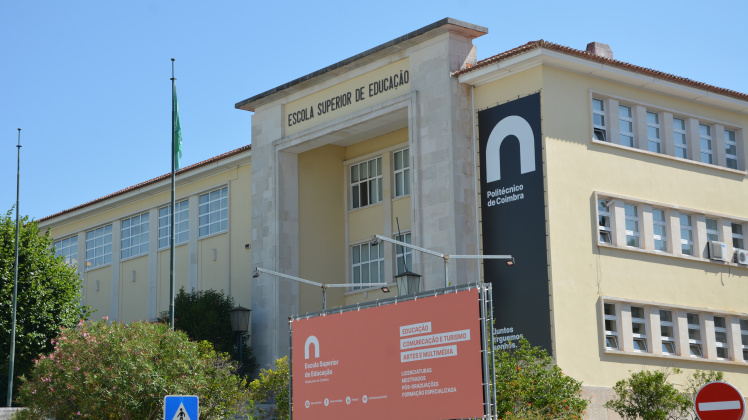inED is an ESE research center that implements the strategic vision and mission of the Escola Superior de Educação do Politécnico do Porto “in teaching, education and social intervention, in the search for excellence in civic and professional training at a scientific level, technical, artistic, pedagogical and ethical, at the intersection of initial and continued training, research, extension and provision of services to the community and internationalization” (article 1, number 3, ESE Statutes, order no. 15275/2014, December 16th).
Therefore, inED has set its objectives as “fostering research and innovation, fostering collaborations involving ESE's areas of knowledge, fostering collaborations between ESE and other entities, at a national and international level, and establishing and maintaining itself as a unit recognized within the scientific community” (article 2, inED regulation).
In addition to the ESE P.PORTO management institution, in 2023, inED expanded having created two research hubs:
Higher School of Education of the Polytechnic Institute of Viana do Castelo, coordinated by researcher Ana Barbosa. This hub has 8 integrated researchers and 15 collaborating members.
Higher Education School of the Polytechnic of Coimbra, coordinated by researcher Sónia Brito-Costa. This hub has 10 integrated researchers and 5 collaborating members.
inEd establishes its identity on the assumption that education is a central process in the lives of human beings, both for individuals and for societies. As a crucial and comprehensive process, which occurs from the earliest years and throughout the life cycle, in a variety of situations and contexts, Education has been the object of attention from researchers, professionals, policy makers and society in general. . Being a complex, culturally contextualized process, Education must be understood as a multifaceted process whose study integrates several scientific areas and different perspectives, as verified by the multidisciplinary constitution of inED.
inED intends to contribute to the construction, dissemination and sustainability of declarative, procedural and situational knowledge in Educational Sciences in 3 thematic areas: Teacher Training and Professional Development; Special Education Inclusive Pedagogy and Social Challenges, Culture and Education.
Aware of the competitiveness that is felt today in all areas, and in particular in higher education, inED assumes its identity as a research center for polytechnic higher education to obtain recognition by audiences, organizations and institutions with whom it enters into protocols and partnerships, which allow its researchers the field for research and for the implementation and supervision of practices and policies in the areas under study.
We consider inED as a structure that builds its identity at the confluence between real contexts and the scientific community, represented by the metaphor of communicating vessels between participation at the national and international levels, between innovation and the dissemination of this innovation, between practical and theory.
Our vision integrates the following objectives and strategies:
(i) Connection to professional practice contexts (promoting an interface between applied research and practice, and giving meaning and usefulness to research results);
(ii) Internationalization (expanding the relationships that researchers have already developed to other institutions and networks);
(iii) Link between research and education/training (intensifying the study of training processes, involving ESE students and continuing education in the research process);
(iv) Development of the identity and permeability of research areas (through the strengthening of the four thematic areas, and especially Teacher Training and the development of transthematic research initiatives around educational problems and challenges).
inED is supported, in the 2020-2024 period, by the Foundation for Science and Technology (FCT), I.P., through national funds from the Ministry of Science, Technology and Higher Education (MCTES) - grant no. UIDB/05198/2020 (base funding) and grant no. UIDP/05198/2020 (programmatic funding).





